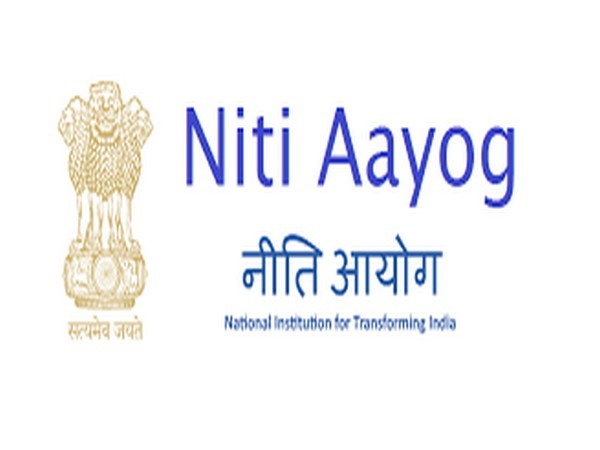NITI proposes fee in proportion to quantity of waste to be disposed off

- Country:
- India
Government think tank Niti Aayog has suggested imposing a waste collection fee from a generator in proportion to the total quantity of waste being disposed off.
The Aayog further suggested that wet waste can be disposed of by in-situ composting, and dry waste through sale to the local raddiwala.
''This intervention entails a waste collection fee from the waste generator in proportion to the total quantity of waste being disposed. Waste generators will be incentivized to segregate, treat and dispose-off waste at source, leaving a smaller amount to be handed over to the municipal system,'' it said.
The suggestions are part of the fiscal incentives and disincentives proposed by the Aayog to encourage source segregation as India grapples with the surge in waste generation which is expected to increase three-fold by 2050.
India generates about 49.8 million tonnes of solid waste annually. World over annual waste generation estimates are pegged at almost 2 billion tonnes, and are expected to grow to 3.4 billion tonnes, an increase of 70 per cent by 2050.
The Aayog suggested that use of waste can be incentivized by developing innovative waste-based technologies and products, and linking waste utilisation to fiscal or other benefits.
''Benefits may be in the form of relief in house tax, water tax or property registration tax, or fast tracking of mandatory permissions,'' it said.
According to the Aayog, a green public procurement policy can be a powerful catalyst for promotion of recyclables as government is one of the largest procurers of products. ''Mandatory or preferential procurement of products that have recycled waste content above a prescribed threshold may be considered for adoption,'' it said.
The Aayog pointed out that policy initiatives like the National Policy on Biofuels prescribes a 20 per cent blending mandate for biofuels with fossil-based fuels by 2025. ''A similar end-of-pipeline target, in the form of a minimum percentage of recycled material content in identified products, has potential for strengthening the market case for utilisation of segregated waste, thereby incentivising source segregation,'' it said.
The Aayog suggested that private operators of landfills should be incentivized to minimize landfill dumping if the duration of their landfill operation permit is determined by airspace available in the landfill, and not on number of years of operation. The Aayog noted that countries like India that fall in the world's fastest growing regions of South-Asia and SubSaharan Africa, are projected to witness a much higher, three-fold rise in waste generation by 2050.
(This story has not been edited by Devdiscourse staff and is auto-generated from a syndicated feed.)
- READ MORE ON:
- National Policy on
- Aayog
- Niti Aayog
- SubSaharan Africa
- South-Asia
- India










